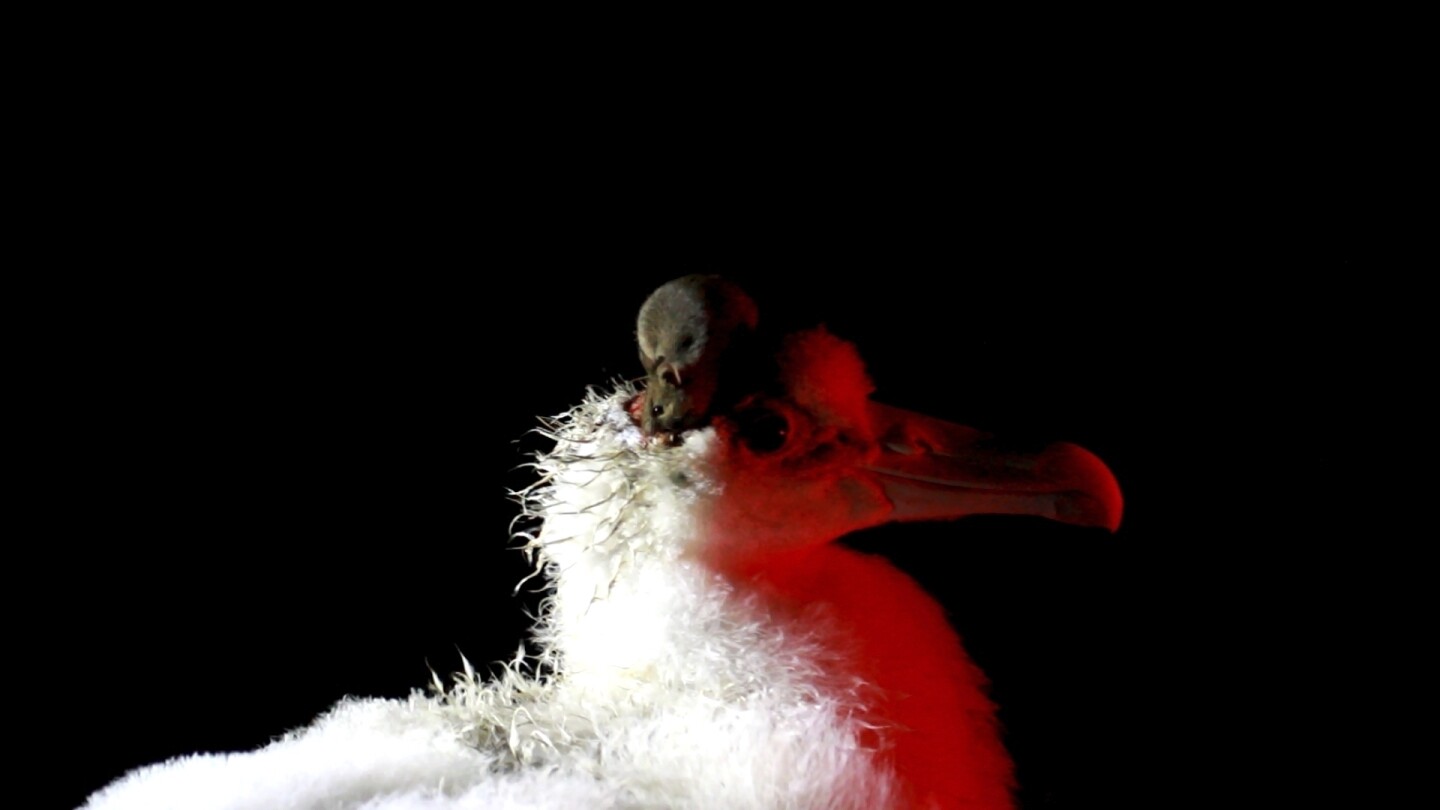Mice accidentally introduced to a remote island near Antarctica 200 years ago are breeding out of control because of climate change, and they are eating seabirds and causing major harm in a special nature reserve with “unique biodiversity.”
Now conservationists are planning a mass extermination using helicopters and hundreds of tons of rodent poison, which needs to be dropped over every part of Marion Island’s 115 square miles (297 square kilometers) to ensure success.
If even one pregnant mouse survives, their prolific breeding ability means it may have all been for nothing.
The Mouse-Free Marion project — pest control on a grand scale — is seen as critical for the ecology of the uninhabited South African territory and the wider Southern Ocean. It would be the largest eradication of its kind if it succeeds.



Holy crap. Renewed fear of mice activated. I hope their plan goes as well as they’re planning. There’s no good solution here.
I’m surpised they don’t have a natural response to being eaten alive
Is attacked and bitten. Can literally fly away. Nah this is fine.
Thems some dumbass birds.
Birds can’t fly if they’re being overrun by hundreds of rats who are eating them alive while they are trying to nest and raise their young, who can’t yet fly, in their native nesting ground.